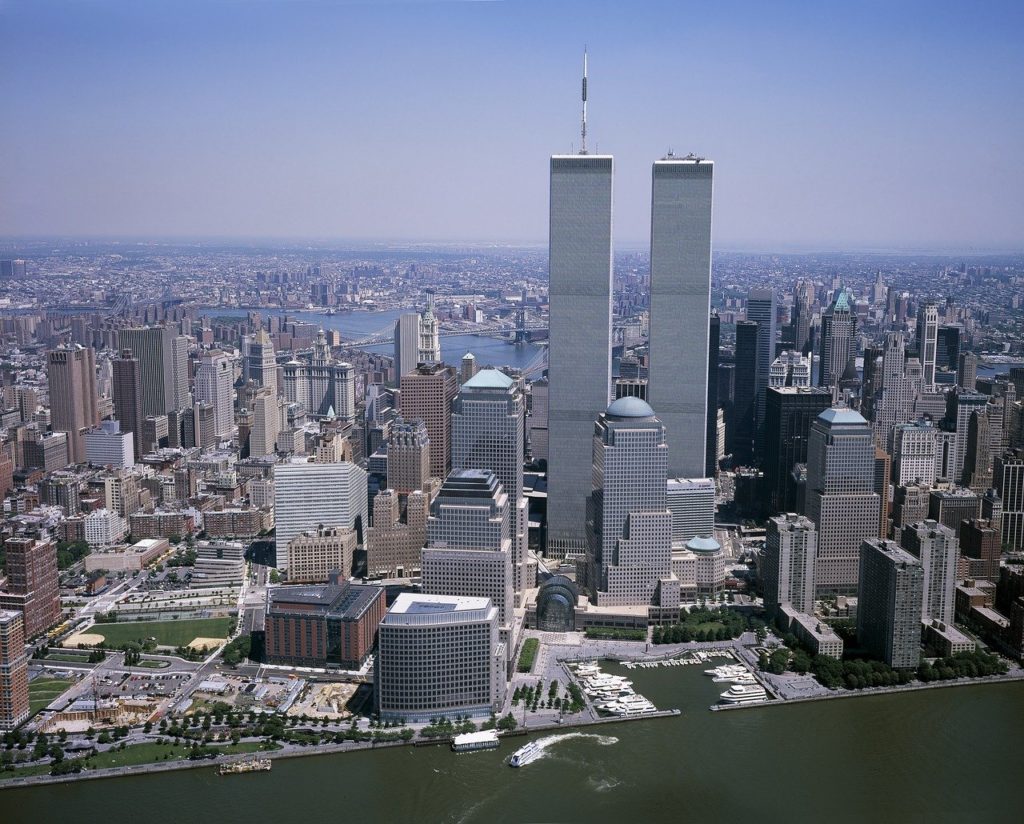Hospices have grown adept at caring for the unique needs of special populations such as pediatric patients and veterans, but more and more are encountering patients whose illnesses stem from exposures to toxic substances in the aftermath of the Sept. 11, 2001 terrorist attacks on the World Trade Center in New York, the Pentagon in Virginia, and the Flight 93 crash site near Shanksville, Penn.
First responders, volunteers, military personnel and others who worked at the attack sites, as well as residents who dwelled nearby, experience a wide range of chronic or life-limiting illnesses directly related to 9/11, including dozens of types of cancer, chronic obstructive pulmonary disorder, asthma, sleep apnea and other disorders.
As their illnesses progress, many of these individuals are seeking hospice care. Often, these are younger patients who are not covered by the Medicare Hospice Benefit. However, they can apply for coverage of their hospice care through the 9/11 Victims Compensation Fund and the World Trade Center Health Program.
“This is not just an issue for hospices in New York; it’s a national issue. Millions of people were affected, and many of them came to Ground Zero from across the country or have since moved or retired out of state. Many have breathing issues or lung cancer, and they can’t take the cold in the winter,” Phil Alvarez, director of 9/11 outreach and education for the law firm of Turley, Hansen & Rosasco, LLP, told Hospice News. “Hospices all over need to be looking for these patients, and it’s good business for them. The patients will have the coverage. The funding is there for them, and it pays for the industry to know it.”
Alvarez is a former Suffolk County, N.Y., police officer whose brother, NYPD bomb-squad officer Lou Alvarez, rose to national prominence after testifying on Capitol Hill to advocate for extension of the 9/11 Victim’s Compensation Fund, which allocates dollars for health care needs for eligible patients, including hospice care.
Lou Alvarez passed away in June at age 53 in the care of East Farmingdale, N.Y.-based Good Shepherd Hospice, from complications of colorectal cancer. He continued to advocate on behalf of 9/11 victims in his final days, doing numerous media interviews from his bed in a Good Shepherd inpatient facility.
“He didn’t want to die at home. He didn’t want his sons to walk into the living room and have that be the place where their father died,” Phil Alvarez told Hospice News. “And we picked Good Shepherd Hospice, which had a relatively new facility that was a very close proximity to where he lived. It was his choice, and once we were there, we were very comfortable. Even though we knew his body was breaking down, the soul is so alive and prosperous. He wasn’t just sitting in a corner; he was totally leading the orchestra.”
Lou Alvarez’s advocacy began shortly after his diagnosis of kidney cancer that had spread to his colon and liver. His initial aim was to contact and share information with the responders he worked with on the site, but his social media outreach to find those individuals attracted the interest of thousands.
Congress earlier this year approved a permanent extension of funding for the Victim Compensation Fund, authorizing $10.2 billion for the next decade of the program, which additional funds available through 2090.
Since 2011, the Victims Compensation Fund has approved 24,404 eligibility claims, with more than 15,000 still in process. The program has received more than 51,000 claims since its inception.
Phil Alvarez has himself become an advocate for 9/11 victims. Following his brother’s death, he also encourages those who are approaching the end of life to consider hospice care, as well as encouraging hospices to educate staff about these patients singular needs.
“[Hospice] was just a blessing of an experience. It’s something you want to go to the highest mountain top and tell people: Think about hospice, and don’t wait until it is too late,” he said. “For the hospices, they need to recognize the diseases [that 9/11 victims experience]. The nurses and social workers can ask questions to find out the patient’s history and whether they are signed up for the Victims Compensation Fund or the World Trade Center Health Program. Just asking those few questions in the patient’s history can mean a substantial difference in the type of care that the patient is entitled to.”



